This book looks at the relationship between malaria and its social, political and environmental milieu in Sri Lanka over an 80-year period from 1930 to 2010. Providing an ethno-historical account of the accumulated body of indigenous knowledge, practices and cultural adaptation to fevers, it describes how they saw a rapid decline with the arrival of Western medicine.
Further, it discusses at length the politics of the devastating malaria epidemic of 1934-35 that shaped Sri Lanka’s transition from a colony to a postcolonial state and the 1967 resurgence of malaria challenging the developmental push of the postcolonial state. It also examines the manner in which the civil war triggered yet another outbreak of malaria.

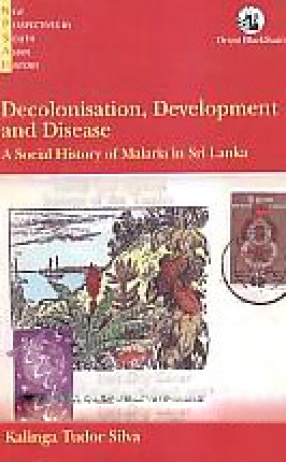
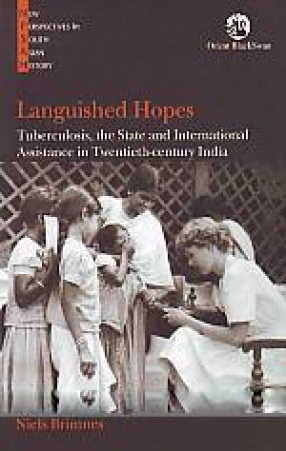
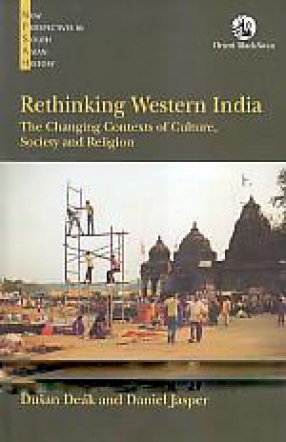
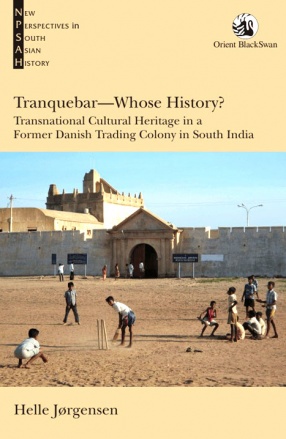

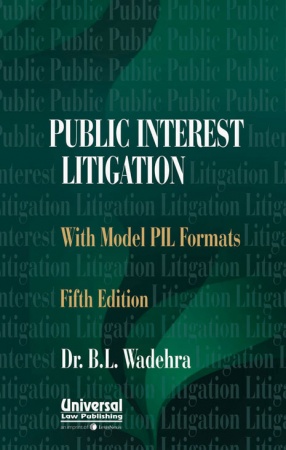

There are no reviews yet.